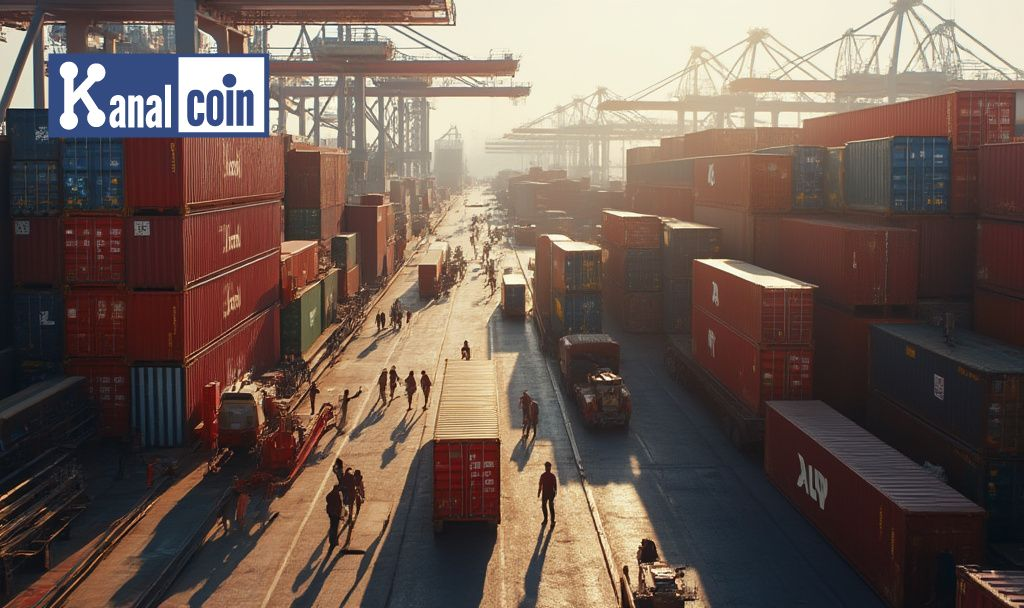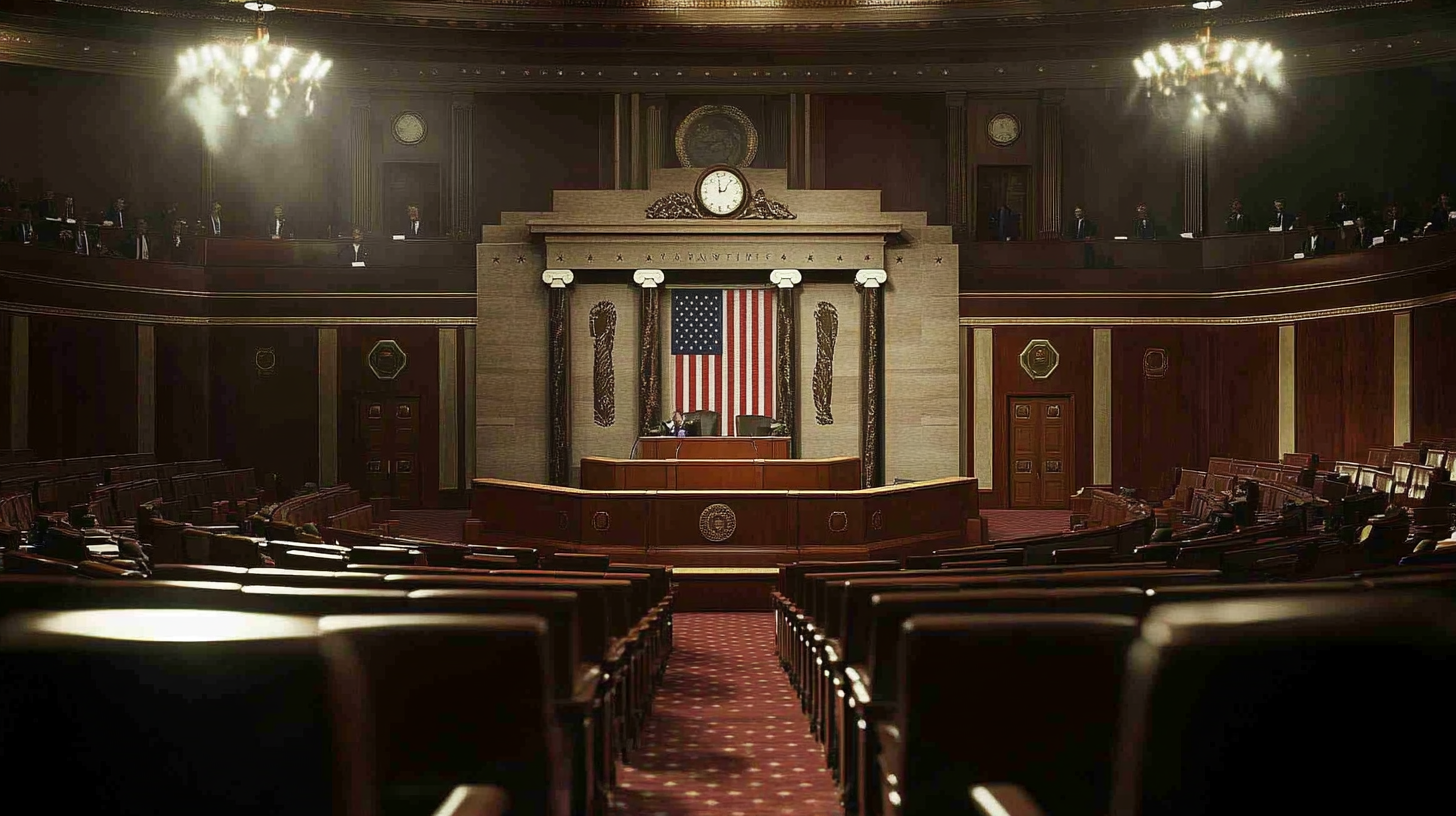
Chinese suppliers have reportedly offered illegal tariff solutions to U.S. Amazon sellers, as revealed in recent reports. The clandestine workarounds surfaced amidst ongoing trade tensions between the U.S. and China.
This development poses significant ramifications for international trade compliance, potentially affecting Amazon’s operational standards and regulatory practices, with immediate impacts on the global e-commerce marketplace.
Chinese Suppliers Use False Declarations to Bypass Tariffs
Chinese suppliers have approached U.S. Amazon sellers with an illegal tariff solution. This situation arises amid escalating trade tensions between the two countries, affecting many U.S.-based e-commerce businesses.
Suppliers are allegedly circumventing tariffs by falsely declaring goods. This method raises serious compliance concerns. Both small and large-scale U.S. sellers are impacted, facing potential legal and financial repercussions, according to the EDGAR Filing Document Overview.
Heightened Regulatory Scrutiny Expected for U.S. Sellers
The revelation has sparked discussions in the e-commerce sector. Many are concerned about the legality of these offers and the potential for increased regulatory scrutiny from U.S. authorities. Wang Xin, Head of the Shenzhen Cross-Border E-Commerce Association, stated, “The tariffs represent a financial earthquake,” particularly for Shenzhen-based businesses that collectively generate $35 billion in yearly Amazon revenue.
Potential implications involve increased financial risks, as discussed in the Congressional Research Service Report on Trade Policy. Historical trends show significant penalties for similar actions. This situation may lead to stricter enforcement. Sellers and suppliers must navigate these changes cautiously.
2018 Trade Dispute as a Precedent for Current Risks
Similar past events, such as the U.S.-China trade dispute in 2018, resulted in stricter regulations. These actions often escalate compliance costs and affect international trading relationships significantly.
Experts highlight the risk of fines and increased tariffs as potential outcomes. Reflecting on past incidents, affected parties may face higher import taxes, reducing profit margins substantially, as noted in the Legal Summary of Legislative Issues and Analysis.









